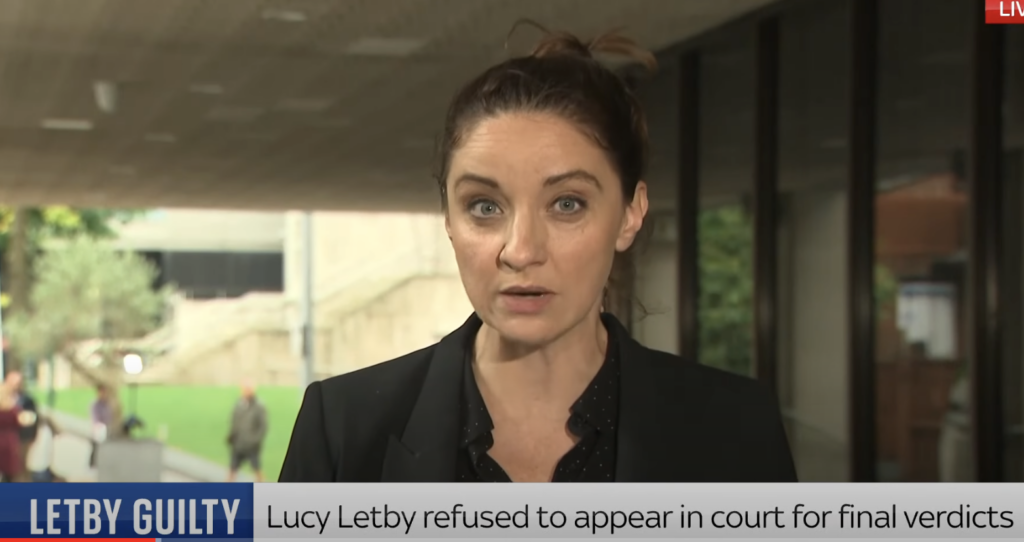The British justice system and British censorship

Rachel Aviv has published a brilliant investigation of the conviction of the nurse Lucy Letby on seven charges of murder. It ranks with David Grann’s article about the execution of Cameron Todd WIllingham as a withering indictment of a government’s criminal procedure. Both articles will lead you dismayed about how little real evidence may be needed to take someone’s liberty or life.
Only if you’re in the UK, you are forbidden from reading the former:
The New Yorker magazine published a 13,000-word article on Monday about one of Britain’s biggest recent criminal trials, that of the neonatal nurse Lucy Letby, who was convicted last year of the murder of seven babies.
The article, by the staff writer Rachel Aviv, poses substantial questions about the evidence relied on in court. And it raises the possibility that Ms. Letby, vilified in the media after her conviction, may be the victim of a grave miscarriage of justice.
But, to the consternation of many readers in Britain, the article can’t be opened on a regular browser there, and most news outlets available in Britain aren’t describing what is in it.
The New Yorker deliberately blocked the article from readers in Britain because of strict reporting restrictions that apply to live court cases in England. A publication that flouts those rules risks being held “in contempt of court,” which can be punished with a fine or prison sentence.
[…]
The questions about its availability in Britain have prompted a debate around England’s reporting restrictions, their effectiveness and their role in the justice system.
Speaking in Parliament on Tuesday, David Davis, a Conservative Party lawmaker and former cabinet minister, questioned whether the restricting of reporting might, in this instance, undermine the principle of open justice, which allows the public to scrutinize and understand the workings of the law.
There may be certain limited circumstances in which restrictions on reporting during an ongoing trial might be justifiable, even if they generally wouldn’t be under the American system. But I can’t see a good defense for an order that sweeping, which insulates the state from criticism during an appeals process. The criminal justice system is a locus of state power that needs the scrutiny of the press like any other. And it also has the effect of removing desperately needed scrutiny from the press itself.


